Flexible funds
With your support, we can turn big ideas into better health for millions, resource response teams during outbreaks and crises, and sustain our experts and programs during funding shortages.
PATH's four Catalyst Funds allow donors to choose the area of our work they find the most meaningful.
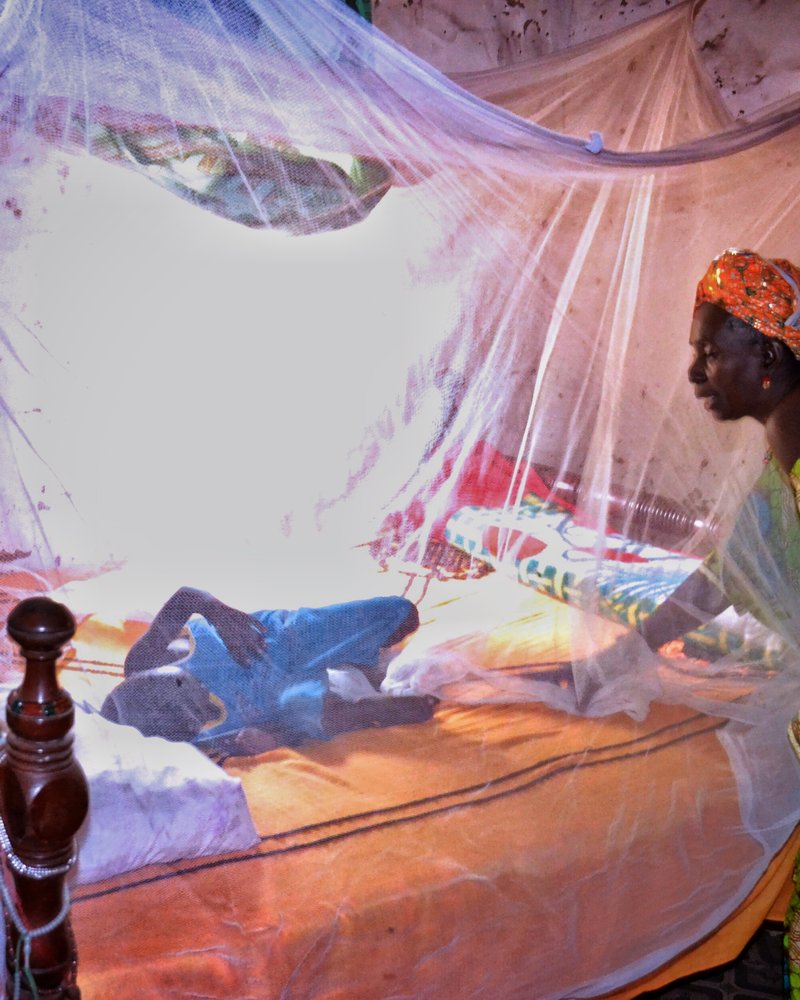
Insecticide-treated bed nets help keep mosquitos away. But as mosquitos gain resistance to the insecticide, the nets lose their efficacy. The next generation of bed nets use ingredients that better repel resistant mosquitos—but are they good enough to justify the cost? With support from donors, PATH is generating evidence to understand just how effective the new nets are and how the existing market and supply chain environment could impact their ability to get into the homes that need them most. These critical details make a difference in whether innovation results in impact.

The COVID-19 vaccines with the greatest market share require special manufacturing that is only available in some parts of the world. PATH spearheaded the development of a new COVID-19 vaccine—one that’s made in a chicken egg and can be produced in flu vaccine factories, which are widely available in many regions. With flexible funding to fill gaps during the early phases of research and development, this novel product—now showing promising results in clinical trials—could change the way we vaccinate the world.
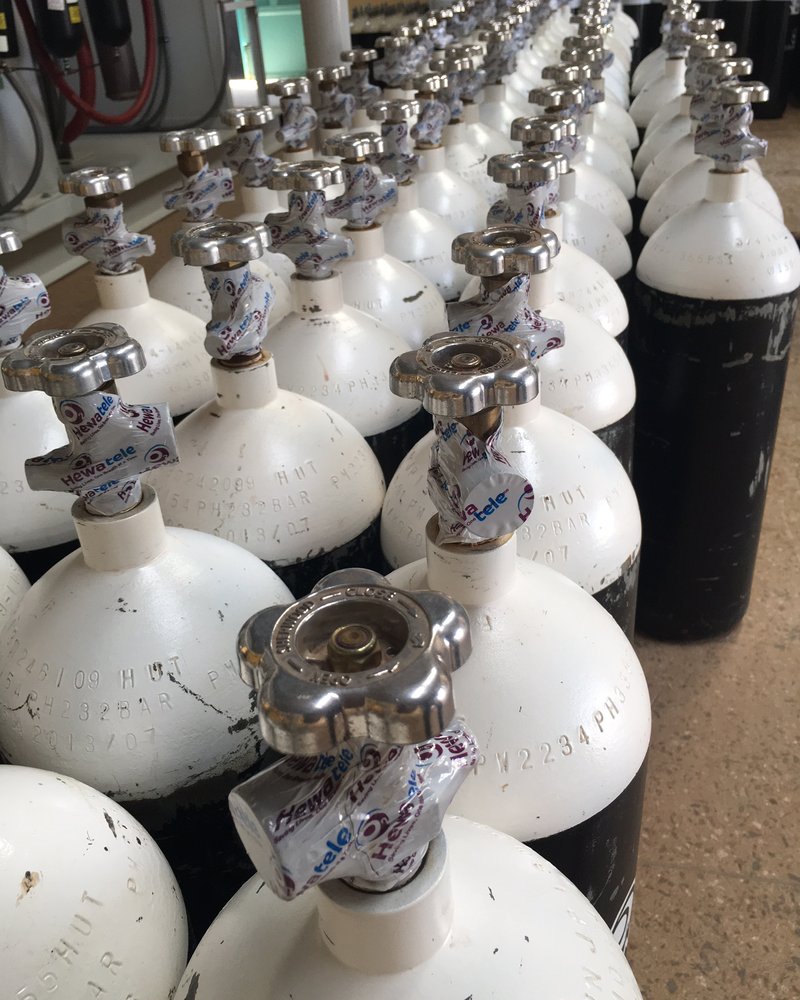
When the devastating second wave of COVID-19 swept through India in May 2021, oxygen needs skyrocketed. PATH was well positioned to respond quickly, thanks to flexible funding from the Catalyst Fund. PATH scaled our existing respiratory care work from 3 states to 15, providing more than 1,000 oxygen concentrators and technical assistance to establish more than 1,200 oxygen generation plants. PATH also supported more than 125,000 health facilities with planning, supplier sourcing, and equipment installation, and trained more than 2,000 health care workers.
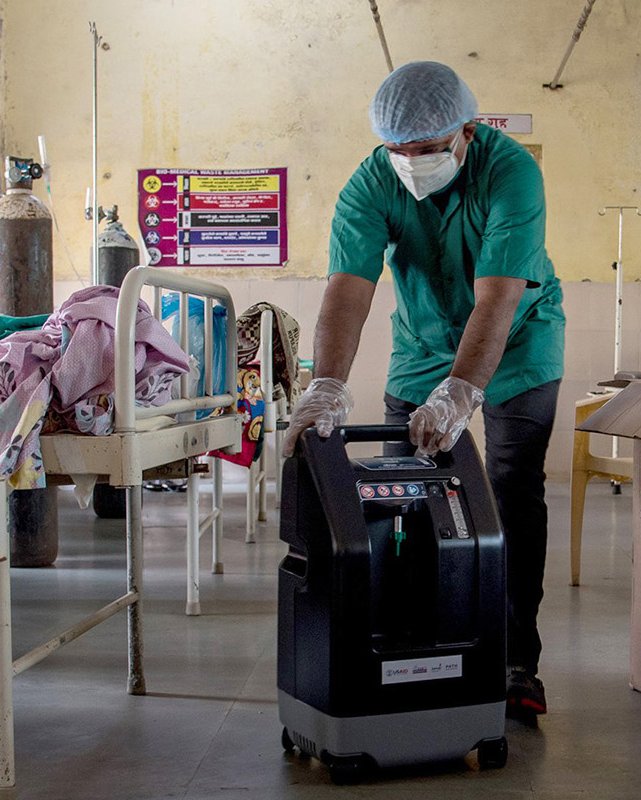
During the Delta variant’s worst waves in India, COVID-19 patients desperately needed medical oxygen, but this lifesaving treatment was in short supply. PATH teams worked with governments and health centers to navigate weakened supply chains, install oxygen generators at hospitals, and strengthen oxygen infrastructure for the future.

When Ebola returned to the Democratic Republic of the Congo (DRC) in 2018, the country was ready. Prior to this, PATH helped establish a strong digital data system for case tracking and monitoring within a brand new emergency operations center. This hub for outbreak management was able to spring into action quickly, and ultimately, save many lives.
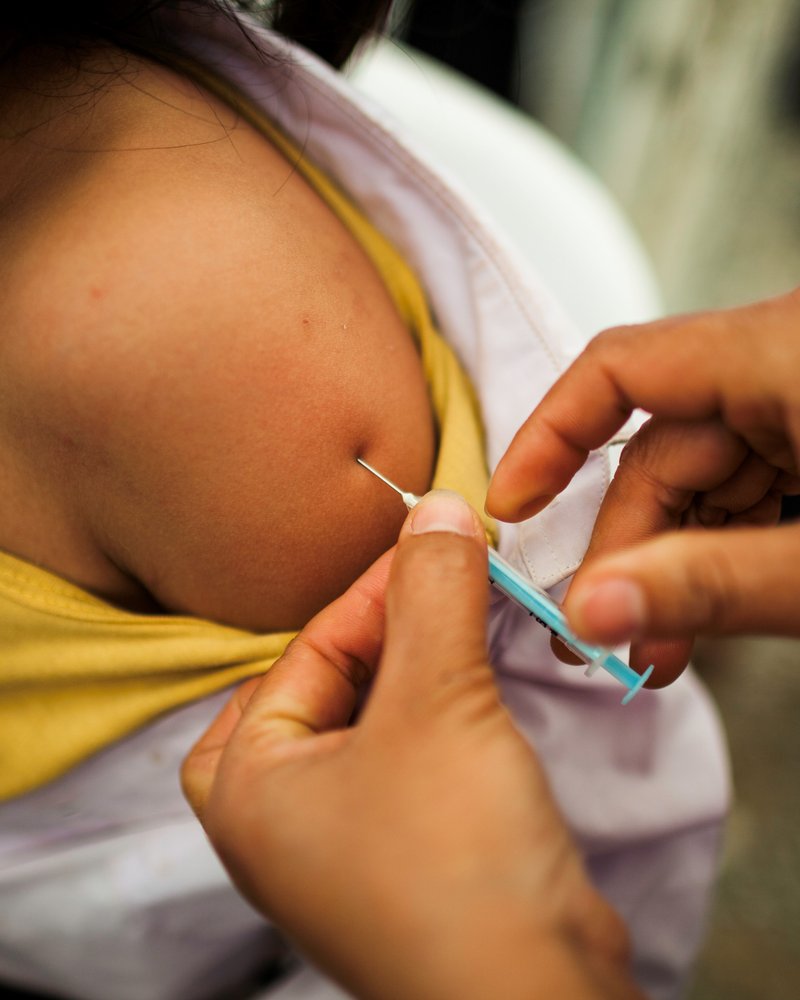
Antimicrobial resistance renders antibiotics powerless against pathogens and creates “super bugs” that can cause severe illness and death. Right now, PATH is working to strengthen surveillance systems for antimicrobial-resistant pathogens in Kenya, Sri Lanka, Vietnam, and Zambia.
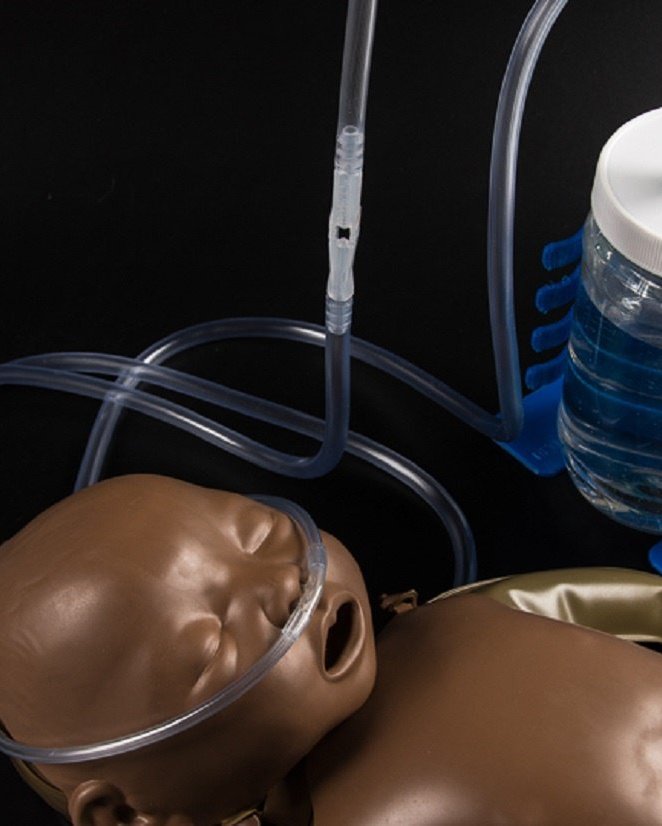
Millions of babies are born with underdeveloped lungs and require oxygen treatment for survival—but many clinical settings are only equipped for adults. PATH advanced research on a low-cost bubble continuous positive airway pressure device that could make standard oxygen delivery accessible to even the tiniest infants.

Microarray patches could change the world with needle-free drug delivery that is painless, long-acting, and easier to distribute and access (patches can be mailed and self-administered!). PATH recently researched how these patches could revolutionize the delivery of lifesaving medicines, like HIV treatment and pre-exposure prophylaxis.

Chlorination is one of the best ways to turn water potable. In Ghana and Uganda, PATH has helped introduce, distribute, and scale up chlorine generators for water treatment and sanitation at health centers, where clean water is essential to preventing infection and supporting patients.

During the 2018 Ebola outbreak in the Democratic Republic of the Congo, the Ministry of Health needed urgent expert support to create an emergency operations center (EOC)—a command center where decision-makers are equipped with disease surveillance data so they can coordinate an effective response. PATH seconded world-renowned digital health expert Ousmane Ly, MD, to the ministry as an advisor during the EOC’s creation.

In India, millions of private-sector tuberculosis patients were going undiagnosed and untreated. To link those patients to free and effective public-sector treatments, PATH co-created the Public Private Interface Agency. The award-winning model was first piloted in Mumbai, and has since been expanded into the pan-India Joint Effort to Eliminate Tuberculosis, a program that has identified millions of tuberculosis patients and linked them to care.

For years, childhood immunization rates in the Democratic Republic of the Congo lagged because of low vaccine availability and delayed financing. After a sustained advocacy campaign by PATH, new funding commitments were made by the government in 2019; and since, 2.4 million children under age 5 have been fully vaccinated, with the government aiming to reach another 6 million by 2023.
